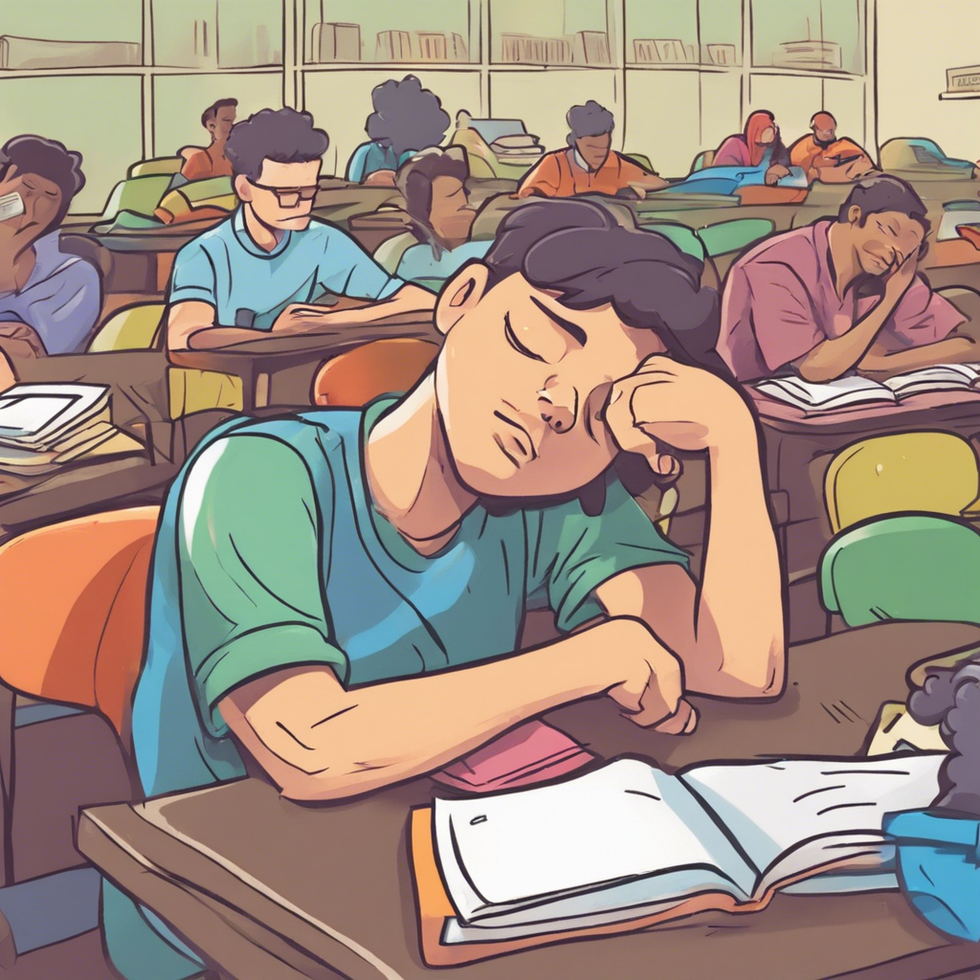Most women can remember the fear an embarrassment of walking down the store aisle with a box of tampons or pads as a teenager. Most women between the ages of 12 and 50 get their periods about once a month, yet no one talks about it. It is more comfortable to talk about sex than periods, despite their relation. Shame, silence, and a perception of uncleanliness surround the topic of menstruation, which leads to it not being talked about or acknowledged at all. Many young girls are afraid of starting menstruation and the lack of communication regarding periods, pads, and tampon contribute.
Periods are seen as “a monthly curse” and having sex while menstruating is considered a taboo in many countries. This creates a culture of shame and humiliation around the experience of periods. Many women view them as unclean and embarrassing and so feel the need to hide the fact that they are on their period. It is not discussed in polite conversation, and especially not in front of men.
This perpetuation of silence around periods and the lack of conversation on how to deal with them is worldwide and has serious consequences in developing countries. One study found that about 1 in 10 African girls will not go to school during their periods, leading to an increased dropout rate. Similarly, the stigma around menstruation leads to serious health consequences, as it is a hindrance against maintaining proper hygiene and seeking medical help when needed.
Periods happen. Women and men buy tampons and pads. Sometimes, it stains through pants and skirts, but that is okay. It is certainly not ideal to stain a nice pair of pants, but it should be treated no differently than if one were to skin their knee and stain their pants that way.The culture of silence can be ended once women and men believe that menstruation is a natural and not unclean bodily function.
Menstruation may be inconvenient and uncomfortable for some women but talk about it openly. Couples and parents especially should be willing to discuss the topic of menstruation. Let children know what to expect, both boys and girls. While males may not have periods, it is wrong to think that it will never affect them.
For the men who marry women, it will be important that they understand the experience of periods and do not make their wives feel unclean or embarrassed. More men should feel comfortable buying their significant others tampons without feeling emasculated or unclean themselves. Creating a discussion and ending the stigma and silence is a feasible goal that can start with anyone.



 true love
StableDiffusion
true love
StableDiffusion
 My Cheerleader
StableDiffusion
My Cheerleader
StableDiffusion
 womans transformation to happiness and love
StableDiffusion
womans transformation to happiness and love
StableDiffusion
 future life together of adventures
StableDiffusion
future life together of adventures
StableDiffusion













 shiny things
StableDiffusion
shiny things
StableDiffusion
 listen to your heart
StableDiffusion
listen to your heart
StableDiffusion
 face your fear
StableDiffusion
face your fear
StableDiffusion
 olympic woman
StableDiffusion
olympic woman
StableDiffusion
 Lessons of life
StableDiffusion
Lessons of life
StableDiffusion
 Woman praying
StableDiffusion
Woman praying
StableDiffusion
 Disneys Goofy
StableDiffusion
Disneys Goofy
StableDiffusion
 love
StableDiffusion
love
StableDiffusion
 you are stronger than you think
StableDiffusion
you are stronger than you think
StableDiffusion
 kindness
StableDiffusion
kindness
StableDiffusion

 StableDiffusion
StableDiffusion StableDiffusion
StableDiffusion StableDiffusion
StableDiffusion StableDiffusion
StableDiffusion StableDiffusion
StableDiffusion StableDiffusion
StableDiffusion StableDiffusion
StableDiffusion

 StableDiffusion
StableDiffusion StableDiffusion
StableDiffusion
 StableDiffusion
StableDiffusion
 StableDiffusion
StableDiffusion
 StableDiffusion
StableDiffusion
 StableDiffusion
StableDiffusion








